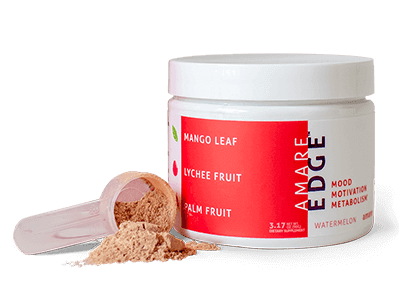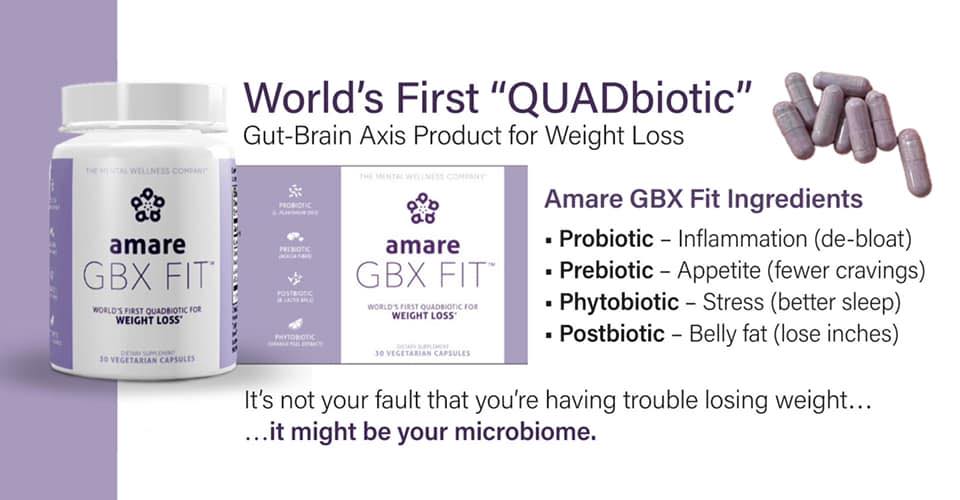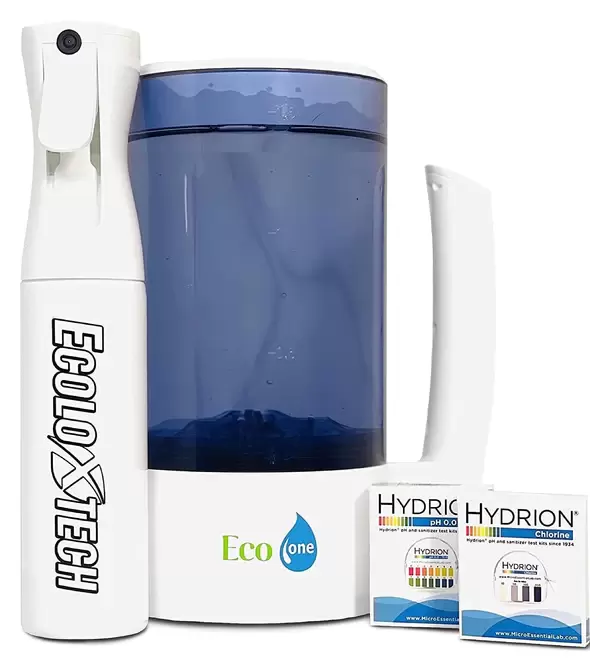|
If you start early with vit. D supplements, you'd lower your risk for type 1 diabetes by 90% and type A influenza by 40%. You'd also be half as likely to get a heart attack as those with a D deficiency. Vit. D boosts your bone and muscle mass and strength by helping in calcium absorption and can reduce the risk of falls by 19%. It can also protect against colon, prostate, and breast cancer. Make sure you get at least 600 IU of it daily. Vitamins for good health – now that has been dinned into us right from childhood. There is no question that all vitamins are important, but vitamin D deserves a special mention. It is the wonder vitamin that helps your nerves to carry messages between your brain and other body parts and which enables your immune system to fight off diseases.1 If this has piqued your interest, we have more news!
What Can Vitamin D Do For You? A growing body of research suggests that sufficient amounts of vitamin D can help you: 1. Fortify Your Bones And Muscles Vitamin D plays an important role in the absorption of calcium, and a lack of it can spell trouble for your bones and muscles. A vitamin D deficiency can cause rickets in children and osteomalacia in adults – diseases which are characterized by bone pain, muscle weakness, and soft or weak bones which do not have sufficient calcium in them.2 Various studies have found that vitamin D supplementation can help prevent fractures too.3 And that is not all. Vitamin D can also bolster muscle strength. Poor muscle strength is particularly risky for the elderly, leading to falls which can have serious consequences. Research among seniors shows that taking vitamin D supplements (700–1,000 IU per day) can reduce the risk of falls by as much as 19%.4 2. Prevent Type 1 Diabetes Type 1 diabetes, where the body’s immune cells erroneously attack insulin-producing cells, is usually seen in children and young adults.5 But what if you could prevent it from developing in your child? A long-term study that looked at 10,821 Finnish children for 30 years from birth onward found that those who consistently took vitamin D supplements when they were infants had about 90% lower chance of developing type 1 diabetes than those who didn’t.6 3. Protect Your Heart There is evidence that a vitamin D deficiency can leave your heart weaker. A large study which followed 50,000 men for a decade found that those who had a vitamin D deficiency were twice as likely to have a heart attack than those who did not.7 Low levels of vitamin D have also been linked to a higher risk of cardiovascular disease,8heart failure,9 and stroke10 The sunshine vitamin could be protecting your heart by controlling blood pressure and stopping your arteries from getting damaged.11 4. Lower Your Risk Of Cancer Some research suggests that vitamin D could protect against certain cancers like colon cancer, prostate cancer, and breast cancer.12 A study even found that improving vitamin D and calcium levels substantially lowered the risk of most common cancers in post-menopausal women. However, do keep in mind that it is early days yet and more investigation is needed in this direction.13 5. Increase Testosterone Levels Low levels of testosterone can wreak havoc in a man’s life, affecting everything from his sex drive, fat distribution, bone mass, and muscle strength and mass to the production of sperm and red blood cells.14If you are dealing with this, upping your vitamin D intake might be an easy way to tackle it. A study compared the effects of vitamin D supplementation with a placebo among 165 men and found that vitamin D significantly increased testosterone levels.15 6. Stave Off The Flu Do you worry when flu season comes around? Well, worry no more – vitamin D might be able to protect you. A Japanese study involving 340 school children found that the group which received vitamin D supplements had 40% lower rates of type A influenza than the group that did not.16 This might be because vitamin D can mitigate the inflammatory reaction of white blood cells as well as enhance the production of microbe-fighting proteins in immune cells.17 Are You Getting Enough Vitamin D? The Food and Nutrition Board recommends that you get about 600 IU of vitamin D daily if you are a healthy adult. Elderly people might need a little more (about 800 IU if you are 71 or older).18 Our bodies can make this important vitamin when our skin is directly exposed to sunlight. We also get it through food – fatty fish like tuna and salmon are good sources. Also, milk is usually fortified with vitamin D in the US though milk products like cheese and ice cream may not be. Some groups of people may be vulnerable when it comes to getting enough vitamin D and this can impact poorly on their health:
Do take care to check in with your doctor before you get supplements, though. Excess amounts of vitamin D can be toxic and have effects ranging from nausea to constipation. It can also damage your heart and kidneys. The upper limit of vitamin D that can consumed safely is 4000 IU/day for adults.20 You do not have to worry about overdosing on vitamin D by getting too much sun, though, as the body automatically regulates the amount it produces – so the danger almost always comes from taking unnecessary supplements. However do keep in mind that too much sun can up your risk for skin cancer, so do not ditch your sunscreen! View Article References (+) 1, 12, 18, 19, 20.↑Vitamin D, National Institutes of Health. 2.↑Osteomalacia, National Institutes of Health. 3.↑Bischoff-Ferrari, Heike A., Walter C. Willett, John B. Wong, Andreas E. Stuck, Hannes B. Staehelin, E. John Orav, Anna Thoma, Douglas P. Kiel, and Jana Henschkowski. “Prevention of nonvertebral fractures with oral vitamin D and dose dependency: a meta-analysis of randomized controlled trials.” Archives of internal medicine 169, no. 6 (2009): 551-561. 4.↑Bischoff-Ferrari, Heike A., B. Dawson-Hughes, Hannes B. Staehelin, John E. Orav, A. E. Stuck, R. Theiler, John B. Wong, A. Egli, Douglas P. Kiel, and J. Henschkowski. “Fall prevention with supplemental and active forms of vitamin D: a meta-analysis of randomised controlled trials.” Bmj 339 (2009): b3692. 5.↑Type 1 Diabetes, American Diabetes Association. 6.↑Hyppönen, Elina, Esa Läärä, Antti Reunanen, Marjo-Riitta Järvelin, and Suvi M. Virtanen. “Intake of vitamin D and risk of type 1 diabetes: a birth-cohort study.” The Lancet 358, no. 9292 (2001): 1500-1503. 7.↑Giovannucci, Edward, Yan Liu, Bruce W. Hollis, and Eric B. Rimm. “25-hydroxyvitamin D and risk of myocardial infarction in men: a prospective study.” Archives of internal medicine 168, no. 11 (2008): 1174-1180. 8.↑Wang, Thomas J., Michael J. Pencina, Sarah L. Booth, Paul F. Jacques, Erik Ingelsson, Katherine Lanier, Emelia J. Benjamin, Ralph B. D’Agostino, Myles Wolf, and Ramachandran S. Vasan. “Vitamin D deficiency and risk of cardiovascular disease.” Circulation 117, no. 4 (2008): 503-511. 9.↑Pilz, Stefan, Winfried Marz, Britta Wellnitz, Ursula Seelhorst, Astrid Fahrleitner-Pammer, Hans P. Dimai, Bernhard O. Boehm, and Harald Dobnig. “Association of vitamin D deficiency with heart failure and sudden cardiac death in a large cross-sectional study of patients referred for coronary angiography.” The Journal of Clinical Endocrinology & Metabolism 93, no. 10 (2008): 3927-3935. 10.↑Pilz, Stefan, Harald Dobnig, Joachim E. Fischer, Britta Wellnitz, Ursula Seelhorst, Bernhard O. Boehm, and Winfried März. “Low vitamin D levels predict stroke in patients referred to coronary angiography.” Stroke 39, no. 9 (2008): 2611-2613. 11.↑Holick, Michael F. “The vitamin D deficiency pandemic and consequences for nonskeletal health: mechanisms of action.” Molecular aspects of medicine 29, no. 6 (2008): 361-368. 13.↑Lappe, Joan M., Dianne Travers-Gustafson, K. Michael Davies, Robert R. Recker, and Robert P. Heaney. “Vitamin D and calcium supplementation reduces cancer risk: results of a randomized trial.” The American journal of clinical nutrition 85, no. 6 (2007): 1586-1591. 14.↑Understanding How Testosterone Affects Men, National institutes of Health. 15.↑Pilz, S., S. Frisch, H. Koertke, J. Kuhn, J. Dreier, B. Obermayer-Pietsch, E. Wehr, and A. Zittermann. “Effect of vitamin D supplementation on testosterone levels in men.” Hormone and Metabolic Research 43, no. 03 (2011): 223-225. 16.↑Urashima, Mitsuyoshi, Takaaki Segawa, Minoru Okazaki, Mana Kurihara, Yasuyuki Wada, and Hiroyuki Ida. “Randomized trial of vitamin D supplementation to prevent seasonal influenza A in schoolchildren.” The American journal of clinical nutrition 91, no. 5 (2010): 1255-1260. 17.↑Cannell JJ, Vieth R, Umhau JC, et al. Epidemic influenza and vitamin D. Epidemiol Infect. 2006; 134:1129-40. |
|
||||||
| Quick Start Guide to Turmeric | |
| File Size: | 5178 kb |
| File Type: | |
Categories
All
10 REASONS TO EAT A TEASPOON OF BEE POLLEN EVERYDAY
12 Health Benefits Of Okra That Will Make You Love Greens
16 Detox And Health Secrets Of Wonder Root Radish
And Hashimoto’s!
And Obesity
ANTI INFLAMMATORY FOODS With CRAZY Powerful Healings Benefits
Benefits Of Vitamin D: The Sunshine Vitamin For A Healthier You
Chronic Fatigue
Coconut Milk And Coconut Oil: The Other 'Magic' Ingredients In Golden Milk
Coconut Oil ~ 101 Benefits & Uses You Can Take Advantage Of
Coconut = Plant Of Life
Coconut Water Is Good For Cancer Patients
Coconut Water Is Good For Chemo Patients
Coconut Water Nutrition Facts
Eat Jamaican Produce
Fermentation - The Secret To Sauerkraut’s Health Benefits
Fibromyalgia
Food As Medicine: Preventing And Treating The Most Common Diseases With Diet
Genital Herpes Treatment
Heart Disease
Herbal Treatment For Herpes
Here Are Some Descriptions Of Herbal Actions In The Body
Here Is Why Bell Peppers Are The Best Vegetables
Homemade Probiotics
How To Eat Apricot Seeds (Vitamin B17 Or Laetrile) For Cancer Treatment And Cure Chronic Diseases
Jamaican Ground Provisions
Jamaican Has Great Foods And Fruits
Lupus
Makr Your Own Probiotics
Organic Pure Sulfur MSM
Raw Or Cooked?
Rheumatoid Arthritis
Secret Health Benefits Of Sauerkraut
The Incredible Health Benefits Of Kiwi Fruit
THIS CRUCIFEROUS VEGETABLE DETOXIFIES THE LIVER AND SOOTHES INFLAMMATION
This Herbal Tea Helps In Cases Of Multiple Sclerosis
This Is What Happens To Your Body When You Drink Coconut Water
Top 15 Alkaline Foods That Can Prevent Cancer
Vitamin B6 Deficiency Symptoms: Are You At Risk?
What Are The Natural Remedies For Cataracts?
What Are Trace Minerals? Why Does The Body Needs Them To Function?

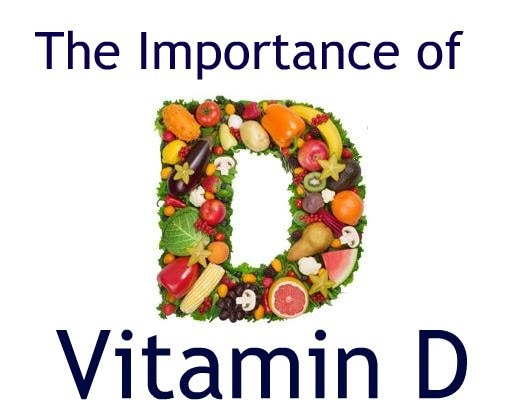

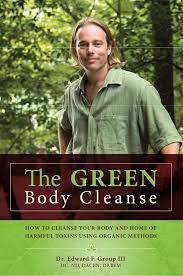

 RSS Feed
RSS Feed






